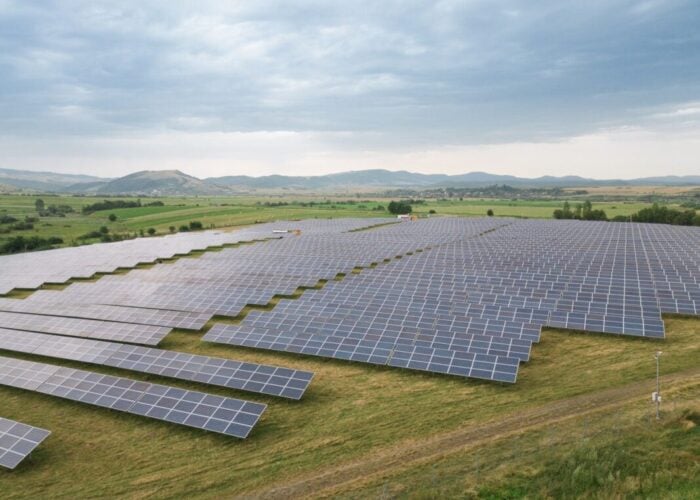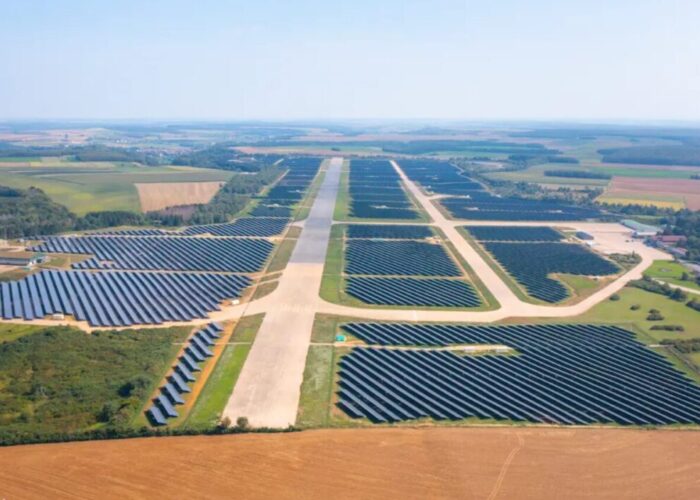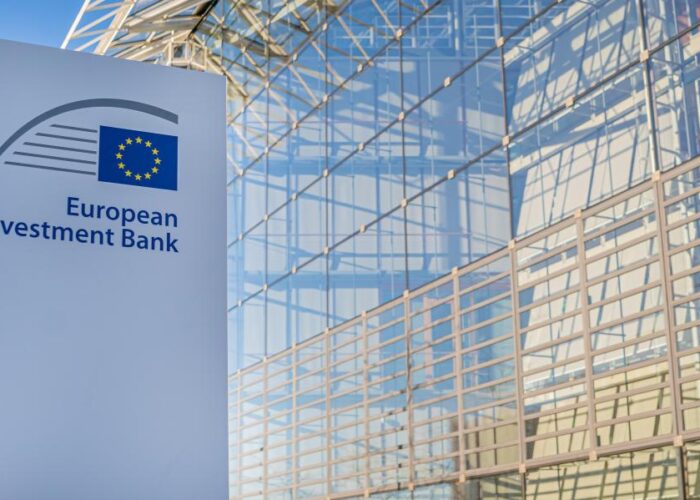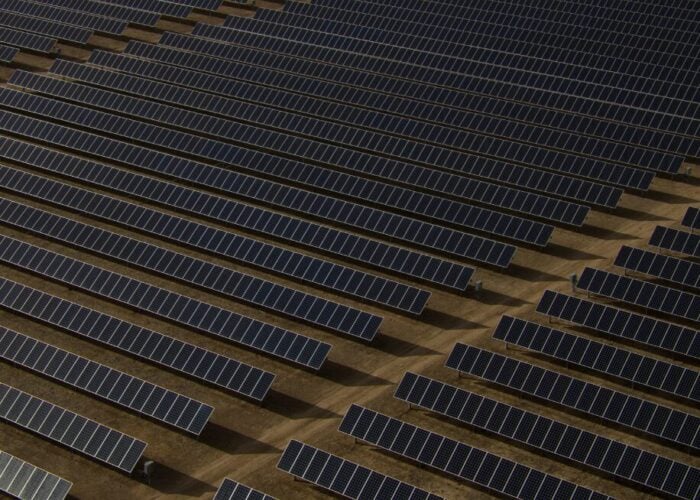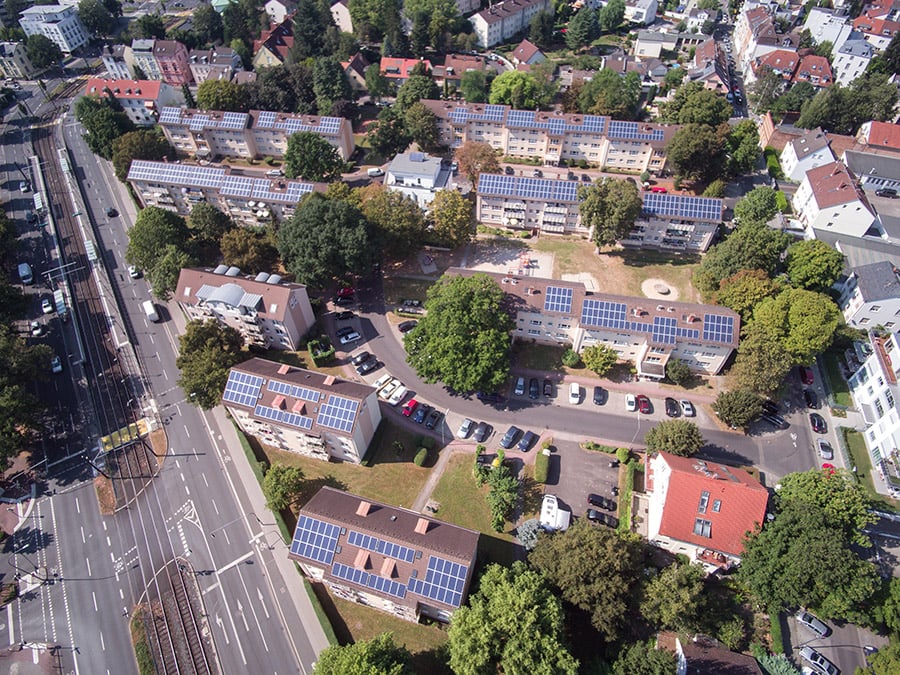
The Bundesverband Solarwirstchaft (BSW), a German solar power trade body, has announced a number of forecasts for the future of German solar, including a “double-digit percentage” growth in the country’s demand for solar power systems by the end of the year.
The BSW’s figures are encouraging reading for those involved in the solar sector, with the group also reporting that the demand for solar-coupled batteries “will grow exponentially for the fifth year on end”.
Try Premium for just $1
- Full premium access for the first month at only $1
- Converts to an annual rate after 30 days unless cancelled
- Cancel anytime during the trial period
Premium Benefits
- Expert industry analysis and interviews
- Digital access to PV Tech Power journal
- Exclusive event discounts
Or get the full Premium subscription right away
Or continue reading this article for free
The body pointed to a survey it had conducted in May, where 77% of property owners polled said they could imagine themselves purchasing a solar system to generate electricity or heat, as further evidence of Germany’s growing interest in the solar sector.
“Almost all signs continue to point to growth,” said Carsten Körnig, managing director of BSW. “Solar power systems are inexpensive, the number of skilled technicians is on the rise, the supply situation is improving and market barriers are increasingly being removed.”
The news follows earlier figures from the BSW, which suggest that domestic solar power will be a driving force in the future of Germany’s clean energy sector. According to BSW figures published in February, the number of domestic roof-mounted solar installations increased by 40% from 2021 to 2022, helping drive 7.2GW of new capacity added in 2022, a 28% increase in the volume of capacity added, compared to the previous year.
However, questions remain as to how Germany can meet the ambitious solar power targets set by its own government. Despite the growing demand for solar power in Germany, supply has lagged behind, with just 67.5GWp of capacity installed at the end of 2022, according to BSW. The government is targeting the installation of 215GW of solar capacity by 2030, so Germany’s solar output will need to almost triple by the end of the decade.
Power Purchase Agreements (PPAs) could be a means to involve German companies in the decarbonisation process, which have struggled to make headway in solar installations. In 2022, the number of solar installations on German businesses fell to 1.2GW, around one-third of the capacity installed on domestic rooves.
Earlier this year, the average price of a solar PPA signed in Europe fell for the first time in two years, and this lowering of prices could encourage companies who have not yet signed renewable power agreements to consider investing in PPAs.

